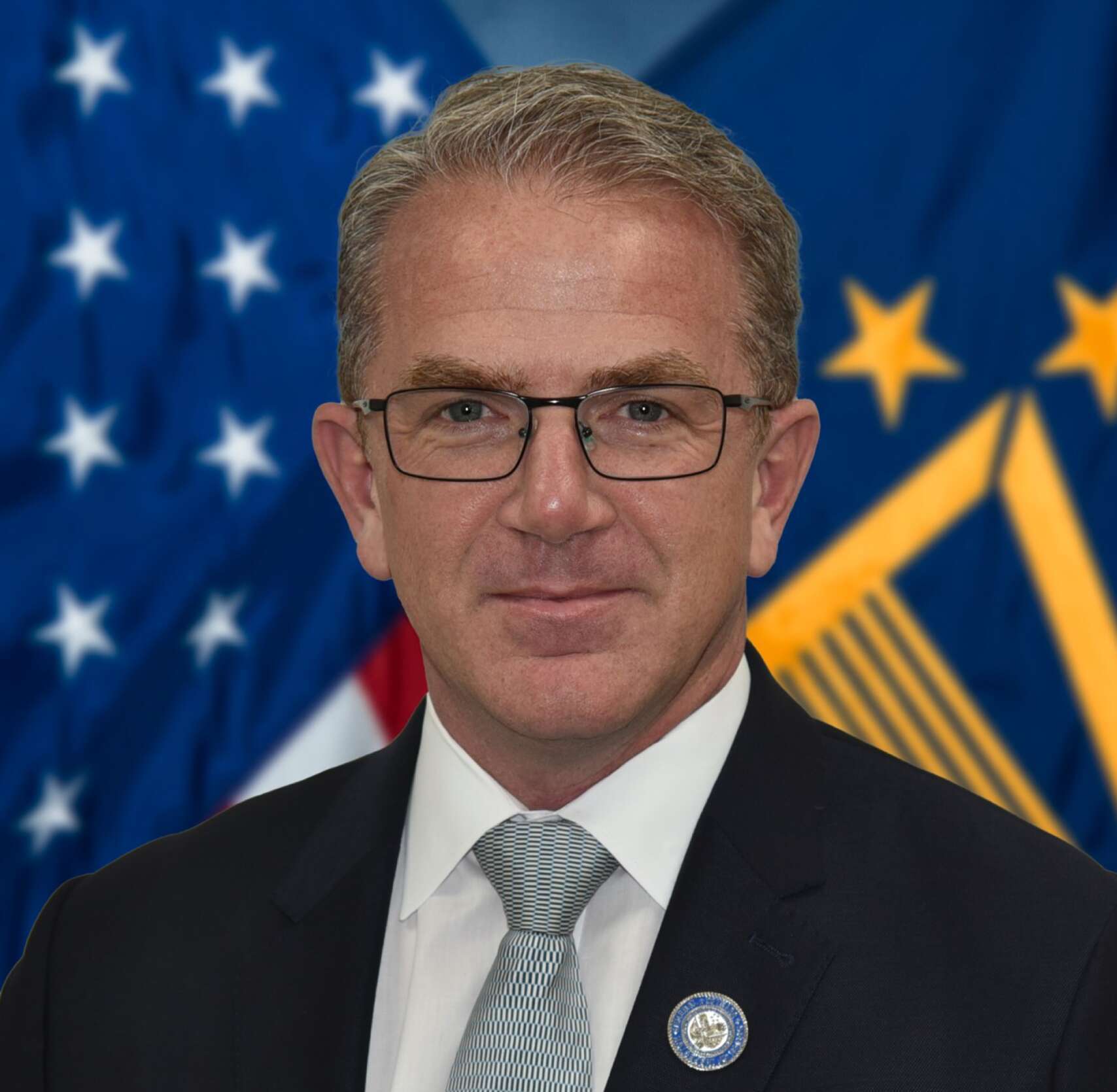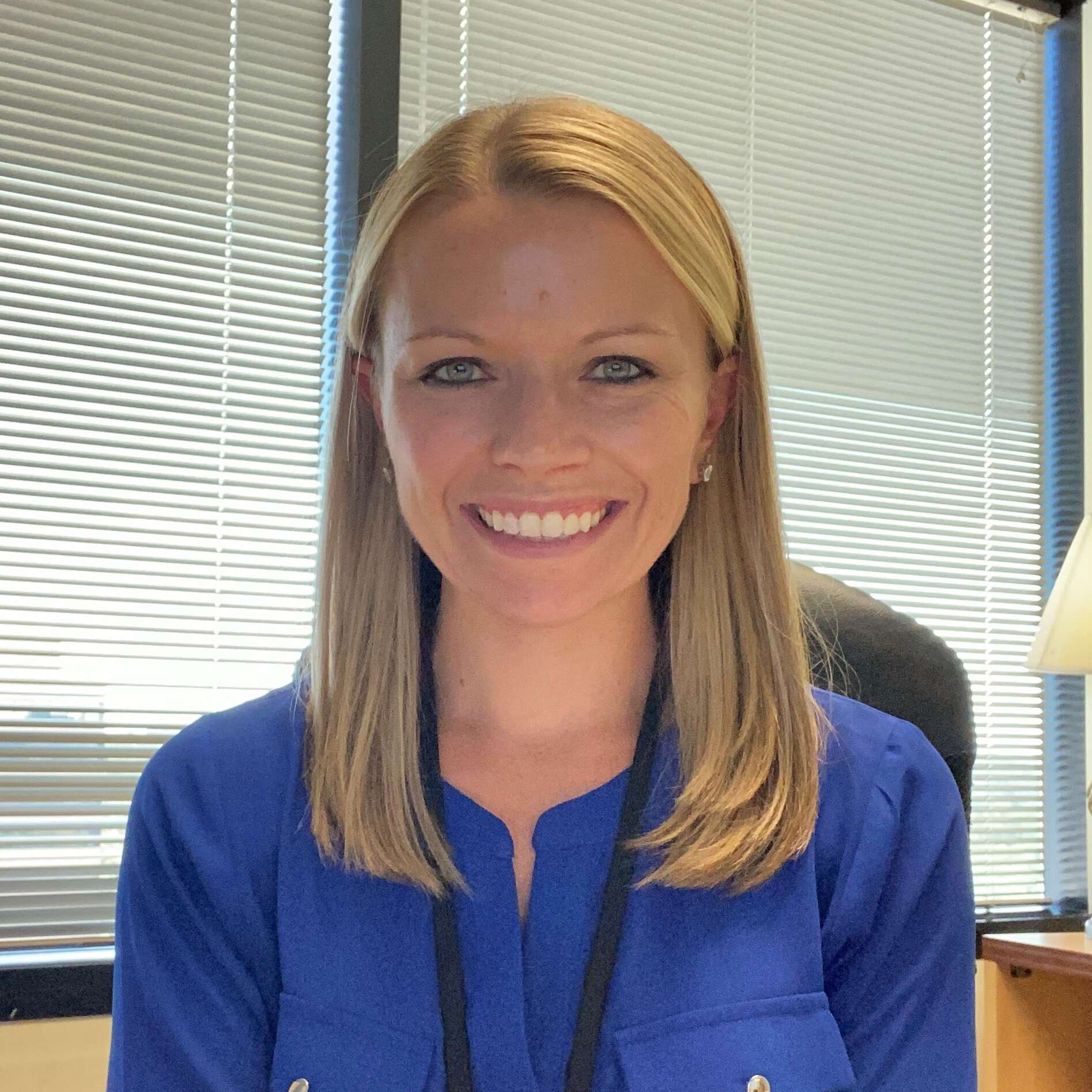Hubbard Radio Washington DC, LLC. All rights reserved. This website is not intended for users located within the European Economic Area.
On Air: Federal News Network

Tapping into data insights to prevent fraud
On Demand
Gain insights on how data, AI/ML and good partnerships can help create better fraud prevention policies and investigations.
Government watchdogs are tackling an unprecedented wave of investigations, after fraudsters applied for and received funding from emergency COVID-19 programs.
But agency inspector general offices are tapping into analytics capabilities that make it easier for auditors to comb through a growing volume of spending data. That helps IG offices flag anomalous spending data more quickly, and launch investigations when needed.
Miranda Bennett, the assistant inspector general for investigations at the Department of Health and Human Services Office of Inspector General, said the OIG is running on a data-driven model, after making a “holistic investment” in data analytics years ago.
“The health care and public health sectors are very data intense … so we continually work to improve our data analytics and tools. We have some of the best and brightest analysts and data scientists that are building tools, using lots of very current data mapping and open-source intelligence, so that we can stay ahead,” Bennett said.
Bennett said HHS OIG saw an “explosion of virtual fraud schemes” from pandemic aid programs, and that auditors worked quickly to engage with the communities most vulnerable and hardest hit by the pandemic.
“From a data perspective, it became very crucial that we also brought in new data sets and validated them quickly and understood the underlying programs and funding streams and how they operated, so that we could build tools to see the vulnerabilities in it in real time,” she said. “And so that we could get leads out to our investigators to seeing which areas might be the most vulnerable, which fraud schemes might be operating in their area.”
James Ross, the principal deputy inspector general for investigations for the VA Office of Inspector General, said the OIG has centralized its data capabilities through its Office of Data and Analytics.
Ross said VA OIG has also named a chief data officer who oversees all data analytics work across the agency.
VA OIG’s Office of Investigations also partners with its Office of Data Analytics to identify red flags in health care spending data.
“Thanks to the work of our Office of Data Analytics, we now have insights into the way VA spends money and where they spend it like we never had before, in more real-time fashion. That’s a huge benefit and helps us set priorities, and have benefited us greatly during the pandemic,” Ross said.
Ross said VA OIG’s CDO and Office of Data Analytics brings together several data groups that were previously located across multiple business lines throughout the organization.
“No matter what your focus is at VA OIG and what oversight looks like for your directorate, our data analytics unit is available for us to draw from,” Ross said. “Even at the user level, the number of applications and tools that they built, is astounding. And culturally, we’re shifting and educating our staff to a more prolific and sophisticated use of data on a daily basis.”
Amanda Warfield, the vice president of program integrity at Optum Serve, said industry partners are looking to support agencies by offering a data-mesh architecture, which enables data sharing while minimizing access to sensitive data.
“Analytics are only as good as the data you have access to. And I think that’s a key aspect of any data strategy theme, and the way we look to the future, enabling that data sharing, and being able to really broaden the insights that you’re able to glean out of that,” Warfield said. “Data sharing can sometimes be challenging, just working through interagency agreements and working through some of the security aspects of it in terms of sharing sensitive data.”
Warfield added that agency partners are looking at artificial intelligence and automation tools to comb through a growing volume of spending data.
“We can identify all of the potential fraud cases that we want, but being able to put resources on them to investigate them is time-consuming. Looking strategically at technology can really be advantageous, across the board on the private and public side,” she said.
Warfield added that agencies and their IG shops should invest these types of capabilities to preventatively investigate instances of fraud, before agencies issue payment.
“How can we invest now in the systems that we have to modernize, to enhance the type of technologies and that data sharing?” she said.
Bennett agreed that HHS OIG will benefit from automation tools to stay ahead of massive volumes of spending data. She said HHS OIG receives about two cents for every $100 HHS spends, and that HHS spends well over $2 trillion annually.
“That means we don’t have enough resources to address all the fraud that we can find. That makes technologies like automation and machine learning really important for us. It means that we can do more with less human hours. So complex analytics might have taken hundreds of hours to complete in the past, and now we can automate those things that we’re doing over and over again,” Bennett said.
Ross said data analytics tools and automation will allow for more preventative investigations, which are a more effective use of OIG resources, rather than recoup funds that have already been issued to fraudulent applicants
“That helps us to try to stay a little bit ahead, because we pay and chase. Sometimes, the money is out the door, before the fraud’s even detected. So, if we can kind of minimize the time between the fraud occurrence and detection, that’s a benefit to us being able to predict it as even better if possible. I think that’s where some automation machine learning comes in,” Ross said.
Learning objectives:
- The evolution of fraud prevention with data analytics
- Enhancing investigative processes with AI/ML
- Leveraging partner data to collaborate on investigations
By providing your contact information to us, you agree: (i) to receive promotional and/or news alerts via email from Federal News Network and our third party partners, (ii) that we may share your information with our third party partners who provide products and services that may be of interest to you and (iii) that you are not located within the European Economic Area.
Please register using the form on this page.
Have questions or need help? Visit our Q&A page for answers to common questions or to reach a member of our team.
Speakers

Miranda Bennett
Assistant Inspector General for Investigations
Department of Health and Human Services

James Ross
Principal Deputy Assistant Inspector General for Investigations
VA Office of Inspector General

Amanda Warfield
Vice President of Program Integrity
Optum Serve
By providing your contact information to us, you agree: (i) to receive promotional and/or news alerts via email from Federal News Network and our third party partners, (ii) that we may share your information with our third party partners who provide products and services that may be of interest to you and (iii) that you are not located within the European Economic Area.


